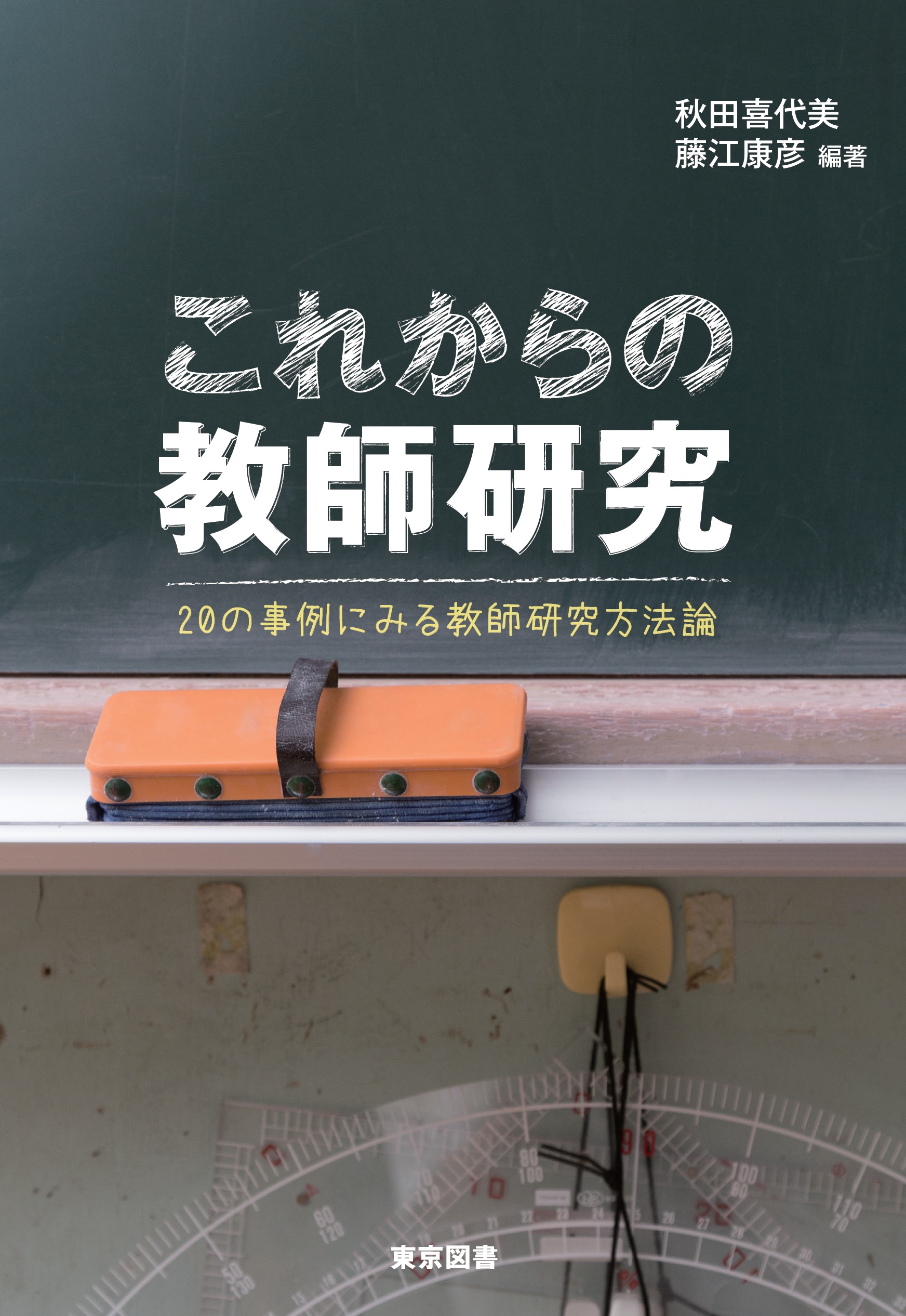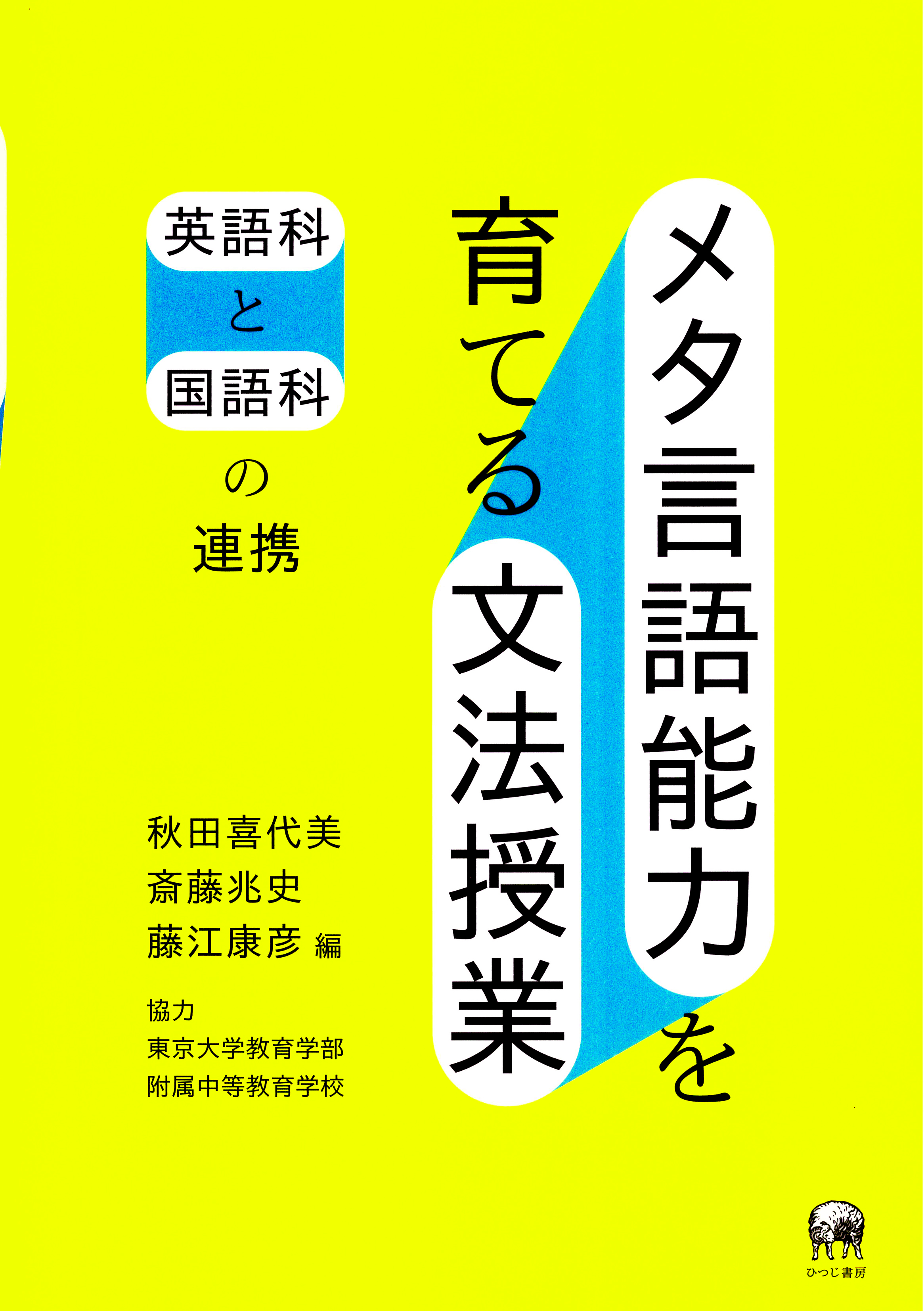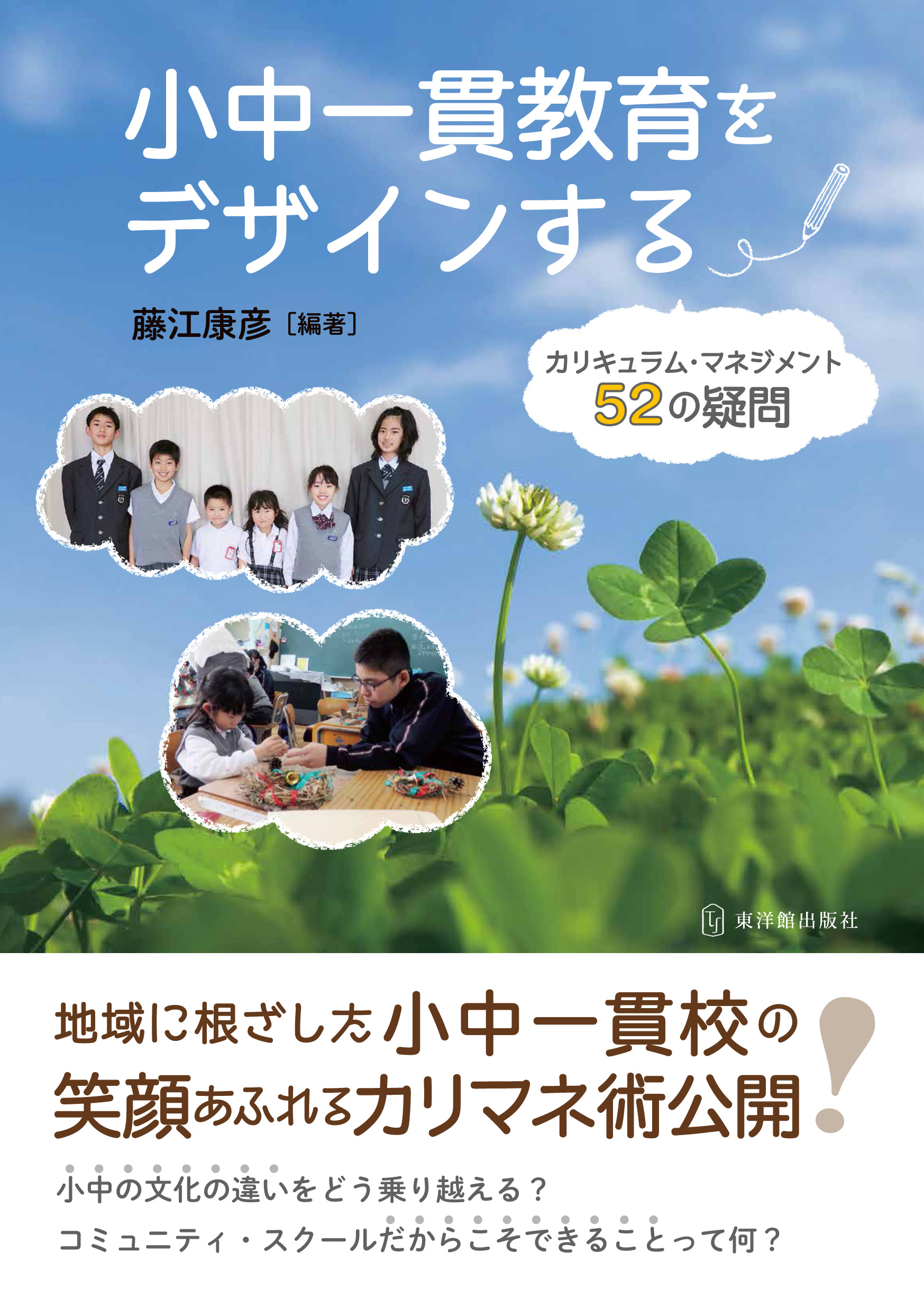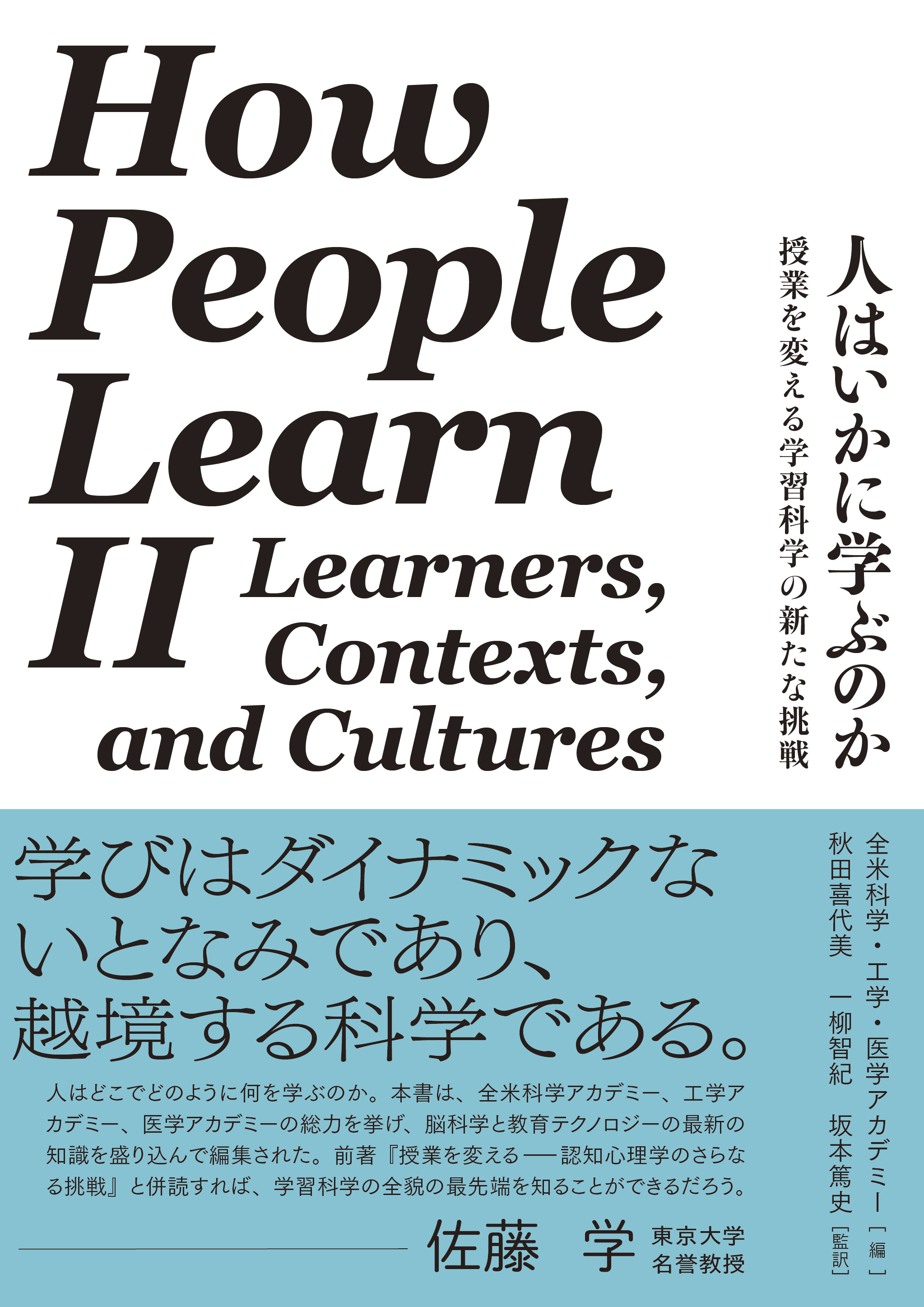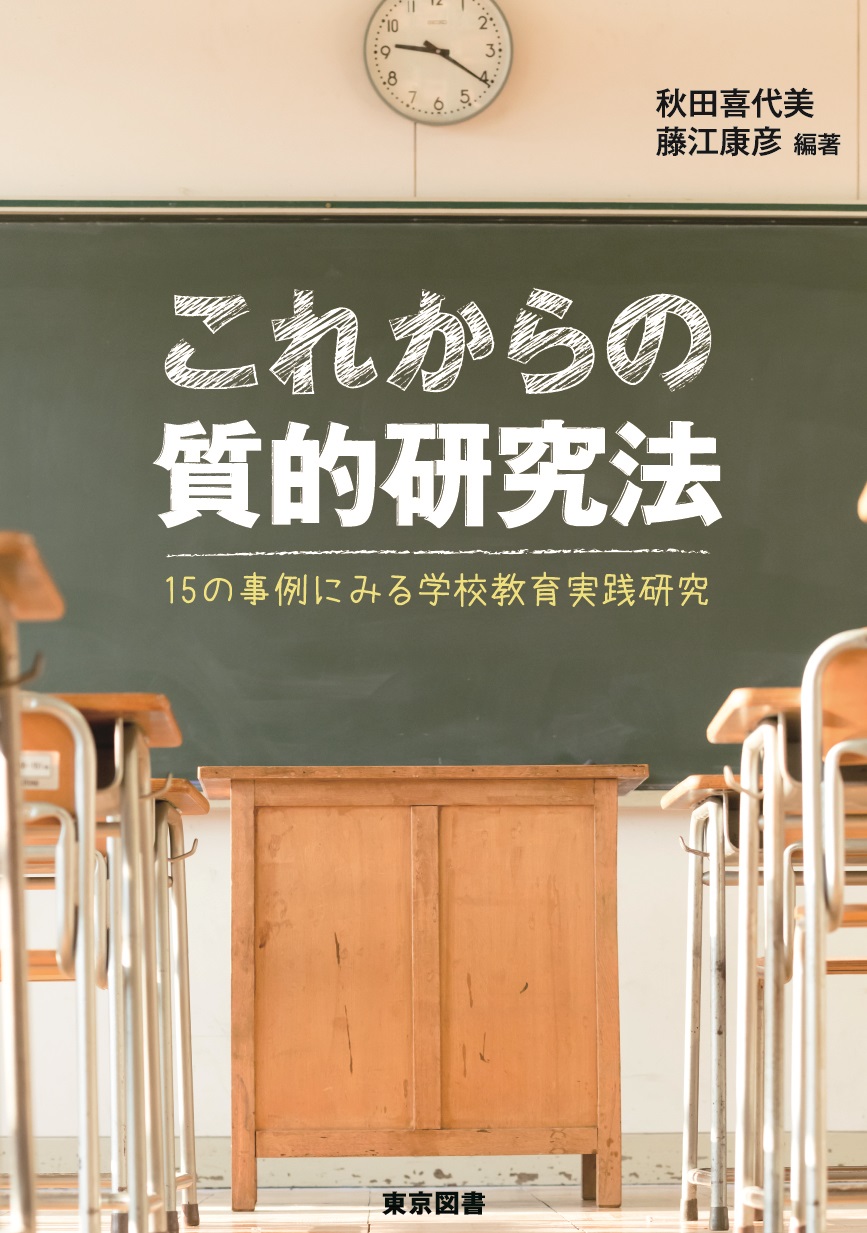
Title
Korekara no shitsuteki kenkyūhō (Future Qualitative Research Methods - Research on School Education Practices: 15 Case Studies)
Size
304 pages, A5 format
Language
Japanese
Released
April, 2019
ISBN
978-4-489-02307-1
Published by
TokyoTosho
Book Info
See Book Availability at Library
Japanese Page
Have you ever read a research paper and wished you could ask the author how the research was started and how it was carried out? In this book, the authors of research papers based on qualitative studies of school education practice explain their research practices.
Qualitative research is more than just a methodology for analyzing data. Rather, it is a process by which researchers place themselves in a given world in an attempt to understand and interpret things and phenomena from the perspective of the people in that world and the meanings they give to such things and phenomena. With the increasing diversification of values, pluralization of societies, and ongoing global instability, expectations are growing for qualitative research as a form of empirical research in a contemporary society where human activities are repeatedly creating new contexts.
Practice refers to the behavior and activities of daily life. Educational practice refers to the behavior and activities of students and teachers within schools and is positioned within social, historical, and cultural contexts, even as educational practice itself creates an additional context.
There are two meanings to studying educational practice. One is the examination of pedagogical concepts as they are expressed through practice. By looking at the behavior and actions of students and teachers within a specific context it is possible to give substance to the various concepts of pedagogy as a field of study and to examine the reciprocal dynamics between pedagogical concepts and the actual behavior of the teachers and students within the context of those concepts. The objective of this kind of research is to create a conceptual framework for pedagogy.
The second meaning is to pursue the significance of “educational practice” by elucidating the structure and the process by which that structure is generated within the concept of “educational practice.” The eventual goal is to set up design principles of practice for the further exploration of context-based knowledge and the creation of better practices.
By definition, educational practice involves the constant creation of new and diverse contexts, and by capturing these contexts, it is possible to carry out a qualitative study of educational practice through inductive inquiry.
This book has two parts, one devoted to theory and the other to case studies. In the case studies, young and mid-career researchers present their papers on specific research and explain the process they went through—from what perked their interest in educational practice to the formulation of their research questions, selection of research methods and targets, and their processes of analysis and examination. Research topics reflect the broad spectrum of education practice, covering “classes,” “teaching units and curriculums,” “class groupings and small groups,” “school organization,” and “teacher’s work.”
This book can also be used as a guide for qualitative research. While most textbooks on qualitative research are focused on research methodology, this book presents research processes that the editor found to be particularly interesting.
It is our hope that this book will be read not only by people interested in the study of educational practice but also those interested in qualitative research.
(Written by FUJIE Yasuhiko, Professor, Graduate School of Education / 2021)



 Find a book
Find a book


